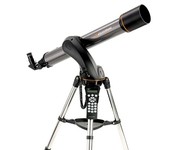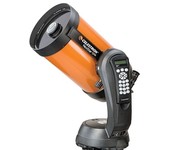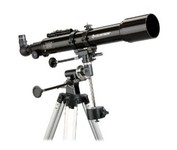Products reviews
Celestron NexStar 80 SLT 22086 (100 x 80mm) Telescope$200.00 to $380.00
Tags:celestron, nexstar, 80, slt, 22086, 100, x, 80mm, telescope, | Celestron NexStar 8 SE (480 x 203mm) Telescope$1,199.00 to $1,200.00
Tags:celestron, nexstar, 8, se, 480, x, 203mm, telescope, | Celestron PowerSeeker 70 EQ 21037 (35 x 70mm) Telescope$100.00 to $119.00
Tags:celestron, powerseeker, 70, eq, 21037, 35, x, 70mm, telescope, |
Celestron PowerSeeker 114 EQ Telescope
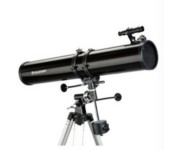
Powerseeker 114 EQ 4.5''/900mm f/8 Newtonian Reflector Telescope with German-Type Equatorial Mount & Tripod
Celestron AstroMaster 90AZ (50 x 90mm) Telescope
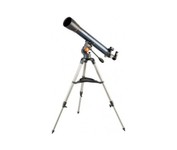
The AstroMaster produce bright, clear images of the Moon and planets. It is easy to see the moons of Jupiter and the rings of Saturn with every one of these fine instruments.
Bushnell Voyager 78-9945 Telescope
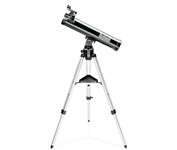
This telescope truly is the ultimate first telescope. The Sky Tour handset will actually speak, giving you a personal real-time tour of the night sky each and every night. Each tour object will include directions associated with it to allow you to quickly find the object with your telescope.
Bushnell Voyager 78-9970 (100 x 70mm) Telescope
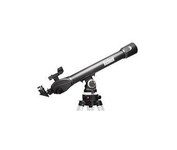
Voyager® Sky Tour™ series gives amateur stargazers a pro-grade audio tour of the night sky. Its Illuminated Smart Mount points the way as the talking handset describes constellations and planets, and keeps you engaged with entertaining facts and mythology tidbits. Keeping pace is easy with the LED red dot finderscope. You’re an instant expert with the Sky Tour series.Minimize
